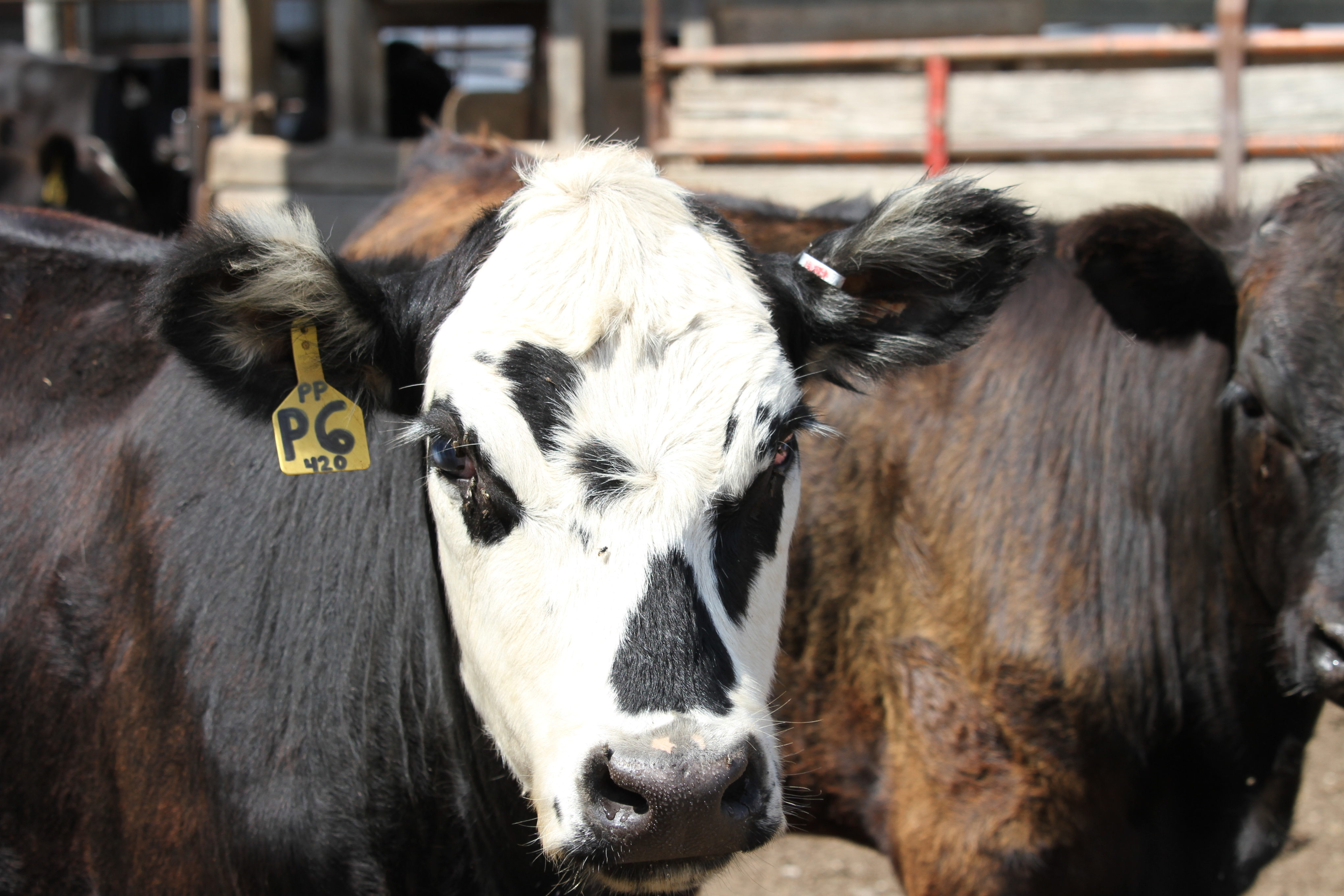JEFFERSON CITY, Mo. — As several counties look to enact stricter regulations on large livestock operations ahead of a new state law, a Missouri judge has temporarily halted the law from going into effect.
At issue is SB 391, championed by Sen. Mike Bernskoetter and Rep. Mike Mike Haffner, which prohibits local governments from creating rules for agricultural operations stricter than those already imposed at the state level.
The bill was signed by Gov. Mike Parson in May and originally set to into effect on Aug. 28. However, Cole County Judge Patricia Joyce issued a temporary restraining order, preventing the implementation or enforcement of the law.
A hearing in the case is set for Sept. 16.
The law
The new law focuses on concentrated animal feeding operations (CAFOs) — commonly referred to as feedlots or farms — where a large amount of livestock is confined for more than 45 days of the year. Missouri has about 500 cattle, hog, and poultry operations which fall under the definition of a CAFO. As far as experts are aware, the Show-Me State has no qualifying sheep farms.
Pending the legal battle, no county commission or health center board would be able to establish ordinances or other rules on feedlots that are more stringent than those already in place at the state level.
Court battle
The Cedar County Commission, Cooper County Public Health Center, Friends of Responsible Agriculture, and three farmers sued the Missouri Air Conservation Commission, Missouri Clean Air Commission, Gov. Mike Parson, Missouri Pork Producers Association, Missouri Cattlemen’s Association, and Missouri Farm Bureau Federation.
The argument centers around the constitutionality of SB 391. Those who filed the lawsuit alleged the law violated Missouri’s “Right to Farm” constitutional amendment — which guarantees the right to farm, subject to the authority of counties.
Joyce issued a temporary restraining order, preventing the implementation or enforcement of the law. A hearing in the case is set for Sept. 16.
At the county level
In an attempt to pre-empt the state law, several counties are looking at enacting — or have enacted — tougher regulations on CAFOs.
Last week, the Cooper County Health Board unanimously passed new air and water quality standards which include monitoring near a CAFO and restrictions regarding where manure storage tanks can be built.
Hickory, Taney, Jackson, and Christian counties are considering enacting restrictions on large livestock operations. The idea behind joining the more than a dozen counties — including Howard and Pettis — with their own CAFO regulations is that the law is not retroactive.
Whether SB 391 applies to existing regulations is under debate. Some attorneys argue county rules enacted before the law will remain in effect while supporters of the state law argue it will make county regulations invalid.
The Moniteau County Health Board decided to forgo enacting its own ordinance based on the legal recommendation that the law would preclude county restrictions.

Alisha Shurr was a reporter for The Missouri Times and The Missouri Times Magazine. She joined The Missouri Times in January 2018 after working as a copy editor for her hometown newspaper in Southern Oregon. Alisha is a graduate of Kansas State University.














